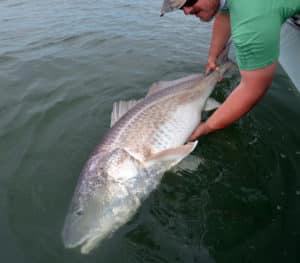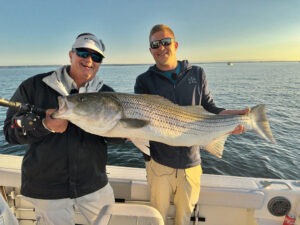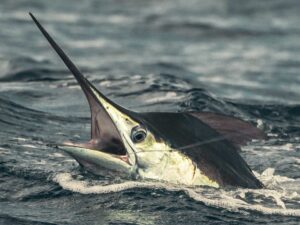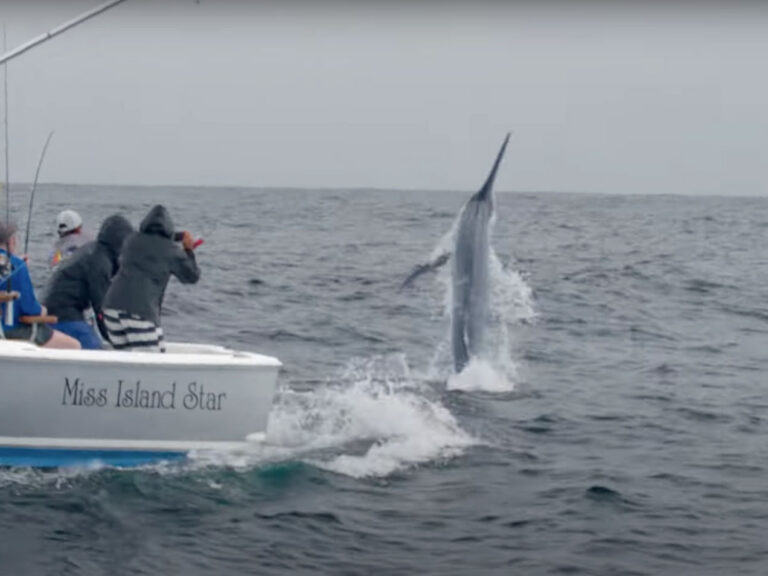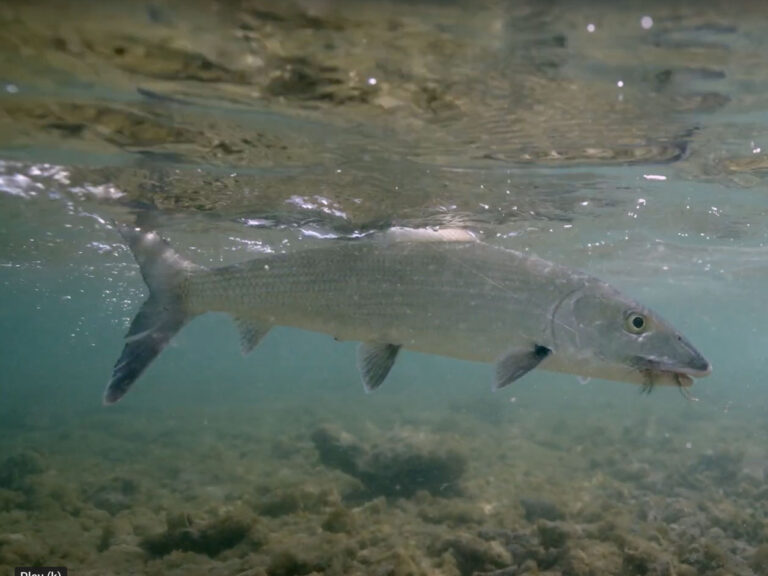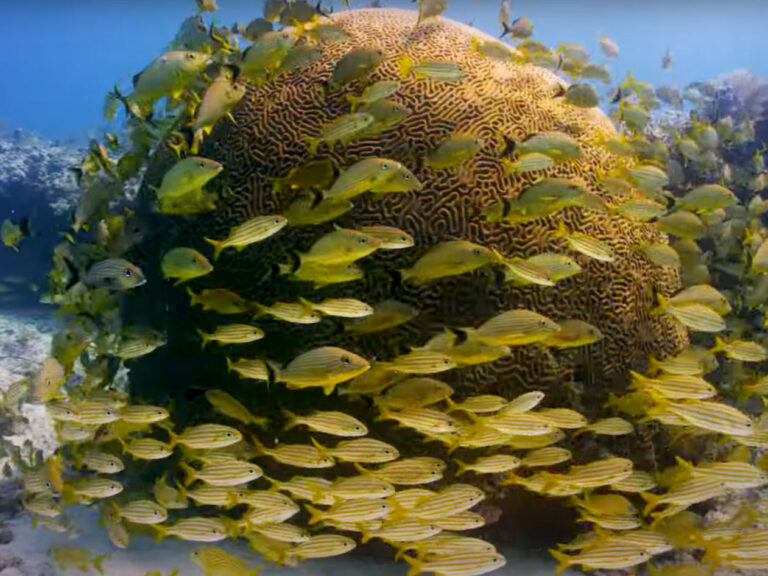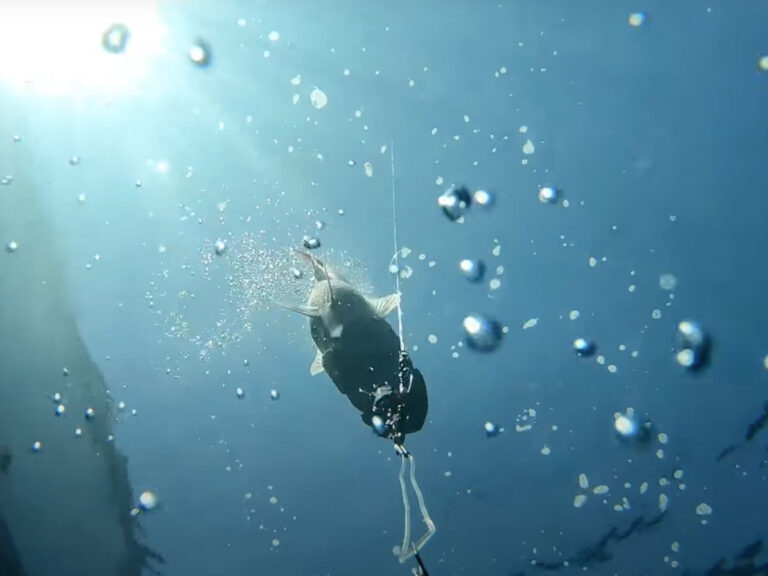
1. Salt Water Sportsman accepts freelance-written articles on a query basis for both print features and online content. Please send written queries for any articles or content you may have with your name, address, and phone number. If you are a new writer for us, we’ll need you to fill out a W-9 form and sign a contract with us. Queries should be concise and pertain to saltwater destinations, legendary fishing personalities, ground-breaking how-to, and related topics only. Email queries to editor@saltwatersportsman.com.
2. All features will be edited as necessary, usually to a length of 1,000 to 1,300 words. If an assigned article is unacceptable as submitted, the author may be given an opportunity to rewrite. If an article is accepted by the editor, but is not used for reasons out of the author’s control, a kill fee will be paid to the author.
3. Salt Water Sportsman gladly accepts “over the transom” submissions, but accepts no responsibility for the return of such materials. In all cases, though, the editors will attempt to respond to such materials in a timely fashion.
4. Very often, one of the key determining factors in our decision-making process regarding submitted queries and manuscripts is the amount and quality of available photography on the subject in question.
5. One of the easiest ways to begin publishing your material in Salt Water Sportsman is by contributing to the smaller online departments:
- Send short news items which directly relate to saltwater “big fish” news (record setting catches or oddball catches), fisheries regulations, the boating industry, or other related topics to the attention of “Talk on the Dock.” Keep the items short and to the point, and provide photography or illustration support when possible.
- We accept various topics that don’t necessary fall under a print feature or department. This type of content lends itself to the web. Online topics range from new saltwater techniques to key tackle advancements to gear reviews. Keep the word count to 800 to 1,000, and provide a small selection of photos or illustration ideas for support.
- If you have a background in fisheries management or have access to those involved in specific conservation agendas, you maybe in position to contribute to conservation content. These items usually focus on specific fisheries-based problems rather than broad subjects (Example: commenting on a proposed longline ban versus discussing the general problems related to longlining). Keep the word count around 1,000 to 1,500 words.

